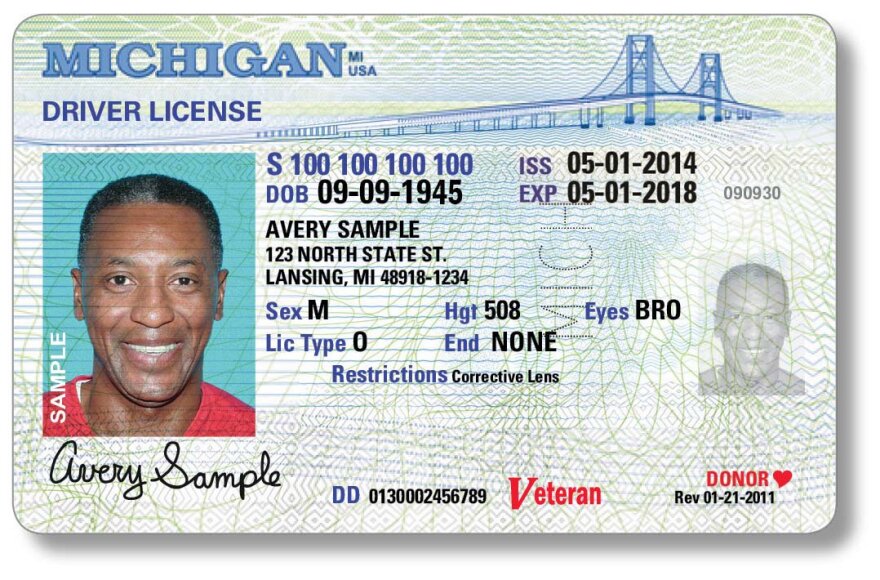Michiganders on the autism spectrum and those with hearing loss can now get a special designation on driver’s licenses, state IDs or license plates.
The bills, which took effect Thursday, let police check if an individual is hearing impaired or has an autism diagnosis. Xavier DeGroat with the Xavier DeGroat Autism Foundation in Lansing said the new law will help those like himself feel safer when approached by law enforcement.
“To make sure the police approaches those on the spectrum appropriately with sensory friendly interaction, with less light, less sound, more distancing," he said.
DeGroat was instrumental in the design of the bill. He said he hasn't always had positive interactions with the police and he wants other folks with communication impediments to have the opportunity for more positive interactions.
"Growing up there were a few times when police officers saw me having a 'tantrum' and thought I was trying to be difficult," he said. "What was actually happening is I was overwhelmed by the amount of sensory feedback I was receiving."
DeGroat said he didn't feel like he could explain what was going on and because of that, wasn't given the support he needed to be able to calm down.
"This law will help others like me give officers a heads up, an opportunity to be more understanding of what may actually be happening," he added.
Anastasia Rysztak, who has a twelve year old son on the autism spectrum, said she worries constantly about her son and how he might be treated if he encounters the police.
“My concern is when I've watched any of the incidents where autistic kids are involved, or people with hearing impairments, a lot of times the police officers have already escalated the situation," she said.
While she said she’s excited about the new law, she would like to see police departments be intentional on how they interact with those on the spectrum or with hearing impairments.
"The lights and the sound can be overwhelming and by the time the police officer has checked the plate it might be too late," she added.
The law will also allow parents like Rysztak to add the designation to their own driver's license, ID or plate. Rystak said she plans to add it.
"If for any reason I am stopped by the police I want the officers to be aware that I have a son on the spectrum in the car and I might have to attend to him during the stop," she said.
Law enforcement will be able to see the designation in the Michigan Law Enforcement Information Network during traffic stops. The designation is private and can only be seen by law enforcement officials.


